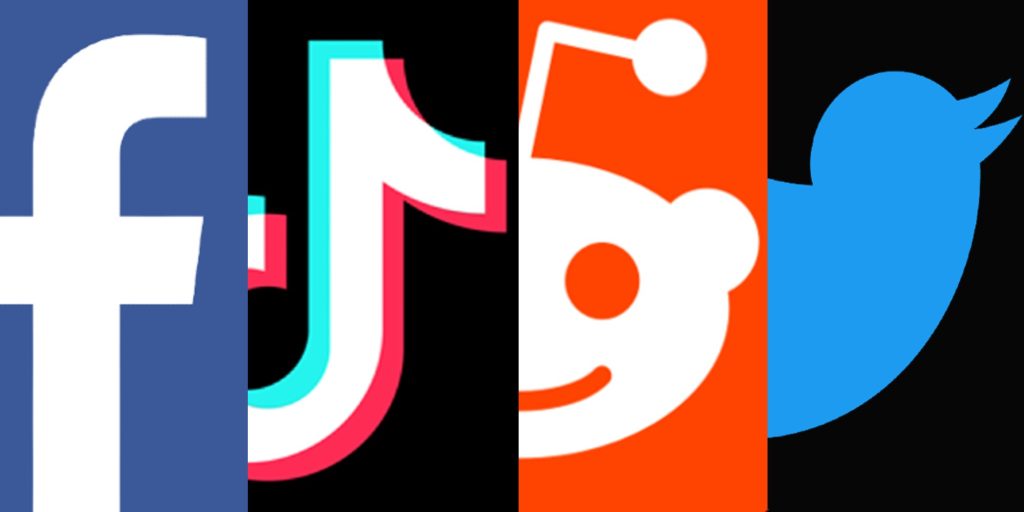Identity transcends physical encounters in the digital age, becoming a complex structure shaped by the virtual world. The World Economic Forum’s reports on digital identification highlight its value and the delicate relationship between allowing trust while preserving control and responsibility. We are engaged in a bigger discussion about who we are in the digital realm as we explore networks such as Instagram, TikTok, and LinkedIn.
The Digital Canvas: Instagram and TikTok
Instagram and TikTok have developed as modern self-expression platforms. A fitness fanatic or a foodie utilizes these platforms to craft a story, each post and video an intentional brush in their digital image. This perspective is echoed in the World Economic Forum study, which emphasizes the need for digital identities that empower individuals while also encouraging inclusivity and providing a safe infrastructure for self-expression.
Interactivity and Anonymity: Twitter and Reddit
Twitter’s ecosystem thrives on interactivity, painting digital identities with the collective voice of its community. Reddit’s anonymity, on the other hand, allows for a different kind of identity constructionŌĆöone that is unburdened by the constraints of the physical world. The report suggests that our digital selves are complex webs of personal data and digital history, and platforms like Reddit and Twitter are instrumental in weaving these webs.

Algorithms and Authenticity: The Influencer’s Balancing Act
The silent algorithms of TikTok and YouTube shape identities in profound ways. As influencers navigate these waters, they embody the report’s call for digital identities that are both secure and user-centric, highlighting the tension between authenticity and the pressures of maintaining an audience.
Professional Identity: LinkedIn’s Networking Arena
LinkedIn is a professional networking platform where endorsements and content sharing help to build one’s professional identity. This is consistent with the report’s vision of digital identities that are fit for purpose, inclusive, and helpful, allowing individuals to take advantage of new economic, political, and social opportunities.

Community and Collective Identity: The Echo Chambers of Digital Spaces
Online networks serve as a digital echo chamber, amplifying shared ideals. The paper emphasizes that digital identities play a role in everything we do, including the groups we choose to be a part of.
Conclusion: The Mosaic of Our Digital Identities
Our digital identities are dynamic mosaics, evolving with each interaction. The World Economic Forum’s report challenges us to consider the future of these identities. It invites us to act wisely, ensuring that our digital selves do not widen divides but instead open up a world of opportunities. As we craft our digital identities, let’s embrace the principles of trust, control, and accountability, shaping our digital selves as true extensions of who we are and aspire to be in this ever-changing landscape.

Reference
Al Zidjaly, N. (2019). Society in digital contexts: New modes of identity and community construction. Multilingua, 38(4), 357-375.
G├╝nd├╝z, U. (2017). The effect of social media on identity construction. Mediterranean journal of social sciences, 8(5), 85.
Li, Y. (2022). Identity construction in social media: A study on blogging continuance. Behaviour & Information Technology, 41(8), 1671-1688.
Wise, J. B., & OŌĆÖByrne, W. I. (2015). Social scholars: EducatorsŌĆÖ digital identity construction in open, online learning environments. Literacy Research: Theory, Method, and Practice, 64(1), 398-414.
